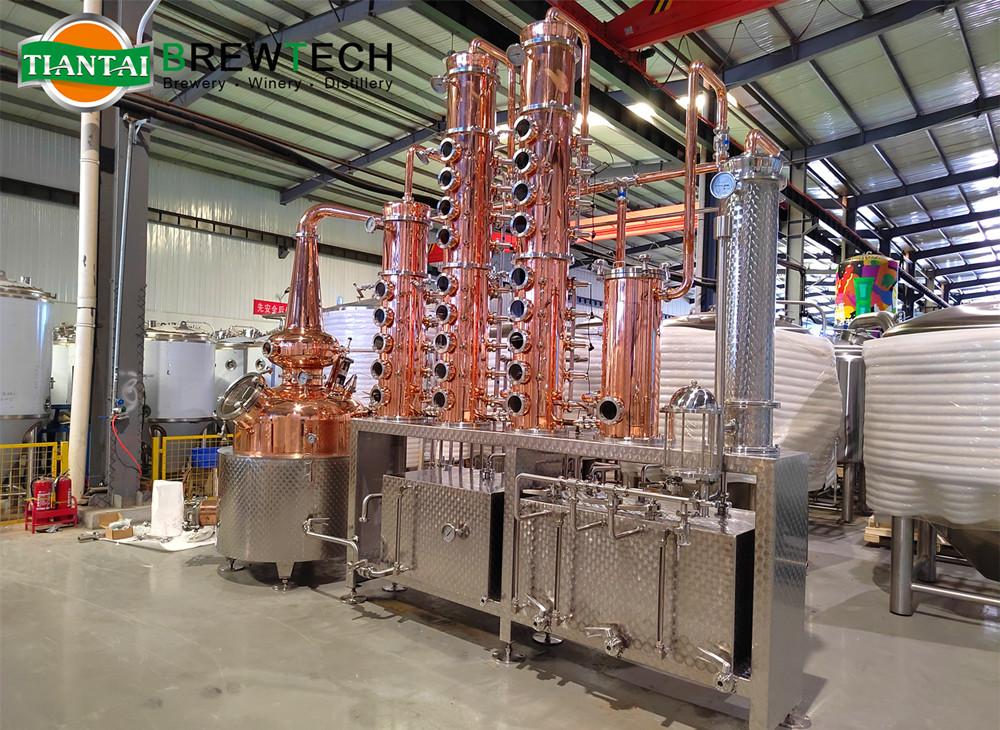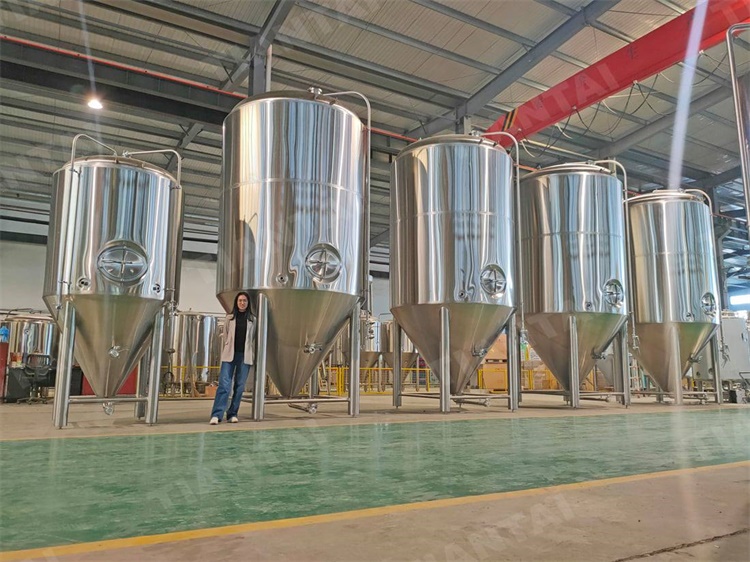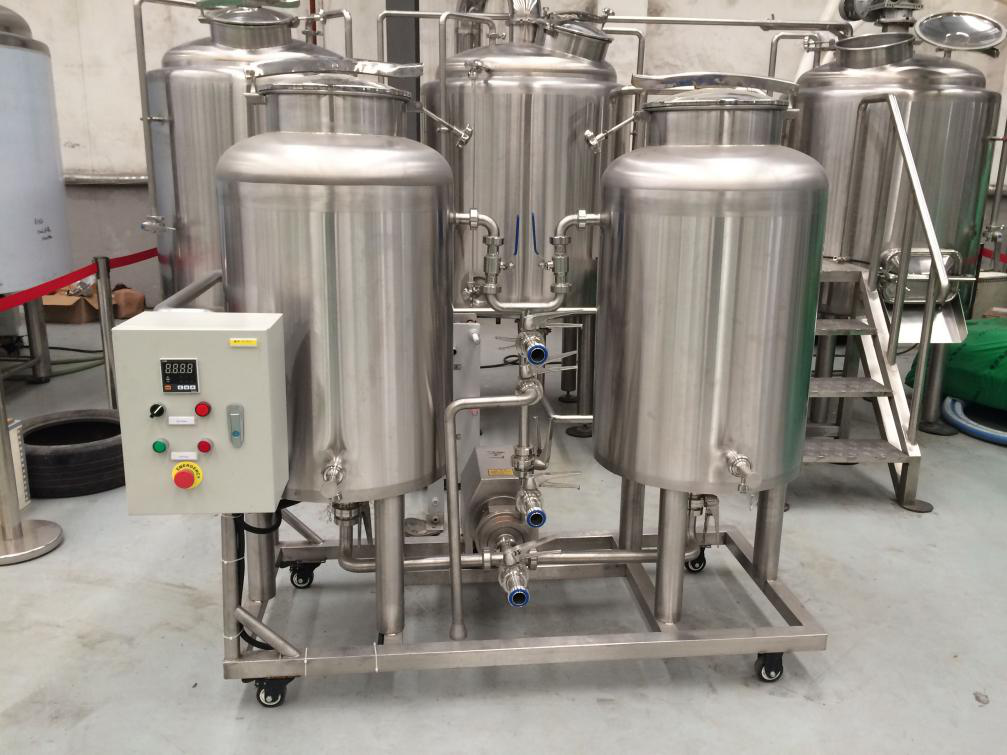
The Advantages of Integration:
Efficiency and Space Optimization: Combining brewing and distillation equipment reduces the need for separate facilities, saving space and streamlining operations. This leads to better utilization of resources and cost savings.
Resource Sharing: Shared equipment, such as fermentation vessels, heat exchangers, and pumps, can be used for both brewing and distillation processes. This sharing of resources enhances efficiency and reduces redundancy.
Versatile Product Line: With integrated equipment, producers can experiment with a broader range of products. For example, spent grain from brewing can be repurposed for distillation, and certain brewing techniques can influence the base for distillates.
Flavor Exploration: Integration allows for unique flavor combinations. Brewers can experiment with distilling different beer styles to create innovative spirits, while distillers can utilize beer washes with varying malt bills for distinct flavor profiles.
Market Differentiation: Having the capability to produce both beer and spirits can set a producer apart in a competitive market. It provides the opportunity to offer unique tasting experiences and cater to a wider customer base.
Challenges and Considerations:
Regulatory Compliance: Regulations governing brewing and distillation can vary significantly. Producers must navigate the legal requirements for both sectors, which might involve separate licenses and compliance measures.
Equipment Compatibility: Integrated systems require careful consideration of equipment compatibility, especially when it comes to heat sources, fermentation vessels, and distillation columns.
Process Knowledge: Brewing and distillation are intricate processes, each with its nuances. Producers must have a solid understanding of both disciplines to create high-quality products consistently.
Cleaning and Maintenance: Cleaning equipment after distillation can be more complex due to the residues left behind by spirits production. Thorough cleaning protocols are essential to prevent flavor contamination.
The combination of alcohol distillery and beer brewing equipment is a fertile ground for innovation. Tiantai company provide complete beer brewing equipment and distillery equipment for whisky, gin, rum, vodka, etc. The capacity can be 100l, 200l, 300l, 400l, 500l, 600l, 800l, 1000l, 1200l, 1500l, 2000l, 2500l, 3000l, 4000l, 5000l, and more.
Contact Information:
Email: [email protected]
Contact Person: Emily Gong



.jpg)


Get In Touch